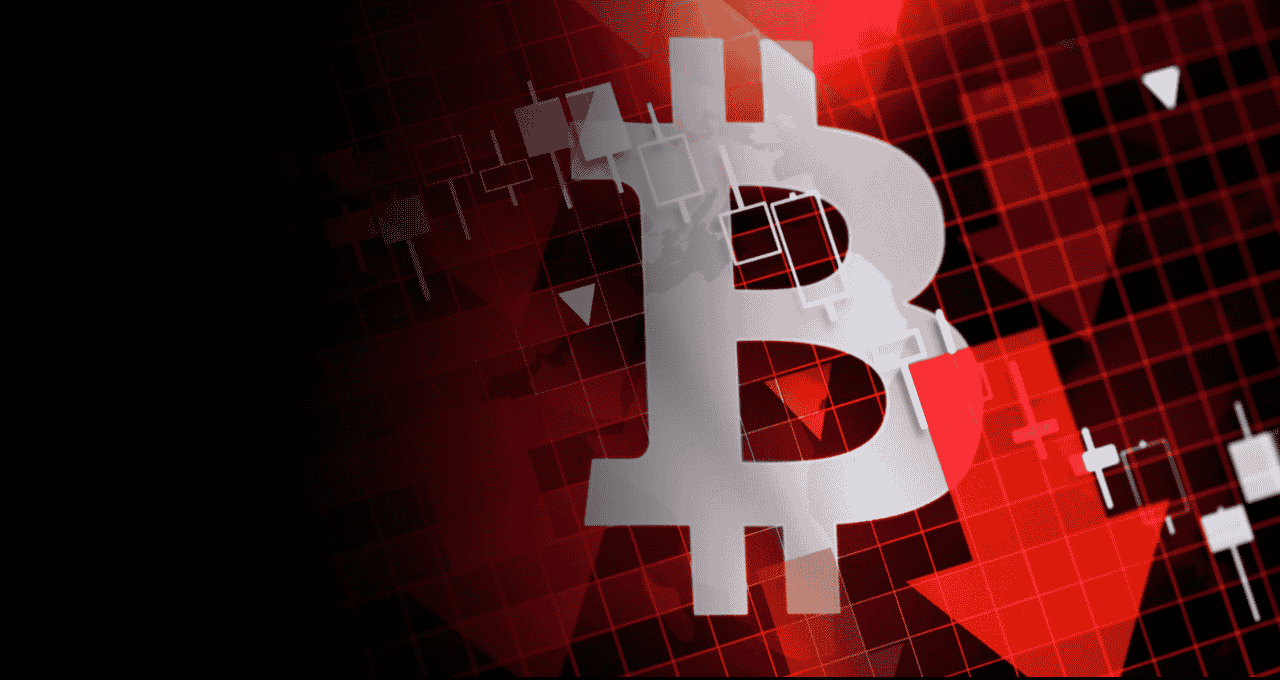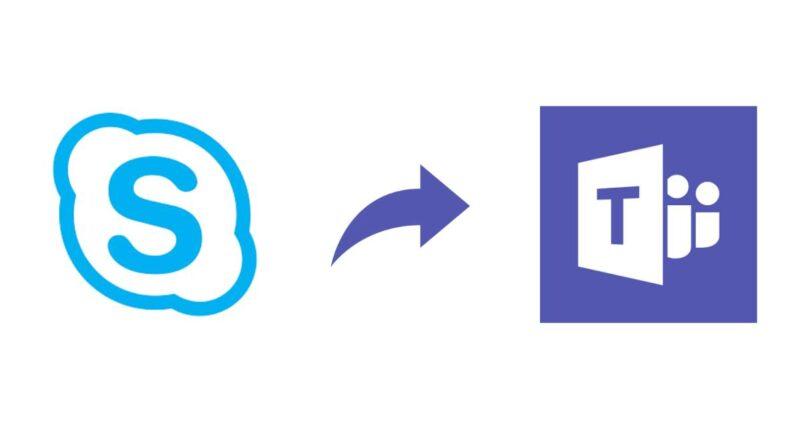
Data Breach Alert: Take Care of Your Passwords
Have you ever stopped to think about how much of your life is protected by a password? Your email, social media, photos, private conversations… even your bank info. Now imagine all of that in the hands of someone with bad intentions. Scary, right?
Well, that’s exactly what sparked a major alert recently: over 16 billion passwords and logins were leaked online. That’s right—billions! And we’re not just talking about old or unused accounts. Many of these credentials are still active and used every single day by people like you and me.
So, what’s a data breach anyway?
To put it simply, a data breach is when information that should be secure ends up falling into the wrong hands. This can happen for several reasons: hackers attack a company, a website has a security flaw, or someone tricks you into handing over your info—like through phishing emails or fake messages.
It all feels distant… until it happens to you.
Why is this such a big deal?
Because with your password, someone can:
- Access your email or social media and pretend to be you
- Message your contacts asking for money or spreading scams
- Shop online using your name and payment info
- Steal private details from your work or personal life
In other words, this isn’t just something from the movies. It’s real, it happens every day, and anyone can be a victim.
What can you do to protect yourself?
Luckily, even if you’re not tech-savvy, there are a few simple steps you can take to stay safer online. Check these out:
- Don’t use the same password everywhere
It’s easier to remember, sure—but if one gets leaked, they all become vulnerable. - Choose strong passwords
Avoid “123456” or “password123.” Mix uppercase, lowercase, numbers, and symbols. - Update your passwords regularly
Just like replacing your toothbrush or changing the oil in your car, this is basic maintenance. - Turn on two-factor authentication (2FA)
That extra code via text or app might seem annoying, but it makes your account way more secure. - Be cautious with strange messages
If something seems off—even if it’s from someone you know—double-check before clicking anything. - Keep your apps and devices updated
Updates often fix security issues. Don’t put them off!
Sharing this matters too
Beyond protecting yourself, it’s super important to share this kind of info with people around you. A lot of folks—especially older ones or those less familiar with tech—can become easy targets. Talking about digital safety is like teaching someone to lock their front door: it’s simple, but makes a big difference.
Final thoughts
The internet is an amazing place, full of opportunities. But it also comes with risks. Taking care of your passwords is a basic—and powerful—step to enjoy all it has to offer with more peace of mind.
So if you made it this far, why not take five minutes today to review your passwords? Strengthen the weak ones, activate 2FA where you can, and share this with someone you care about.
Staying safe online doesn’t have to be hard. You just need to pay a little attention—and be careful where you click.




